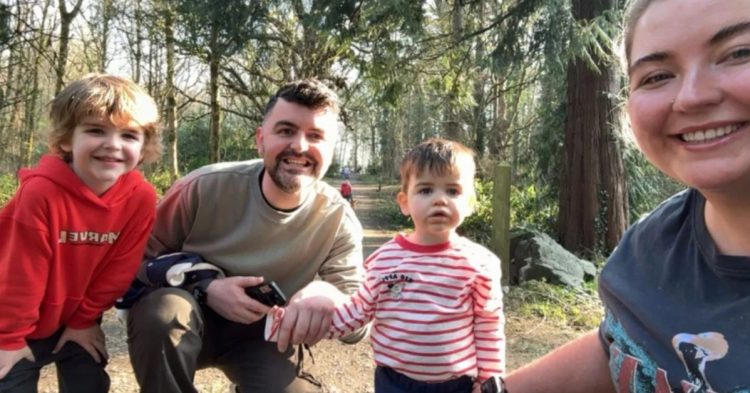Chester Byrne is a two-year-old boy from Newry, Northern Ireland, who was diagnosed with Leukemia, a form of cancer that hits the blood-forming tissues in the body.
His mother has since shared the crucial warning signs that four doctors missed in the process of trying to understand his health condition.
He had initially fallen while playing

The little boy’s parents had initially taken him to the doctor’s after he hit his head while playing with his older brother.
His mother, Emma, said that the doctor told her Chester had endured a concussion from the fall.
She explained his symptoms
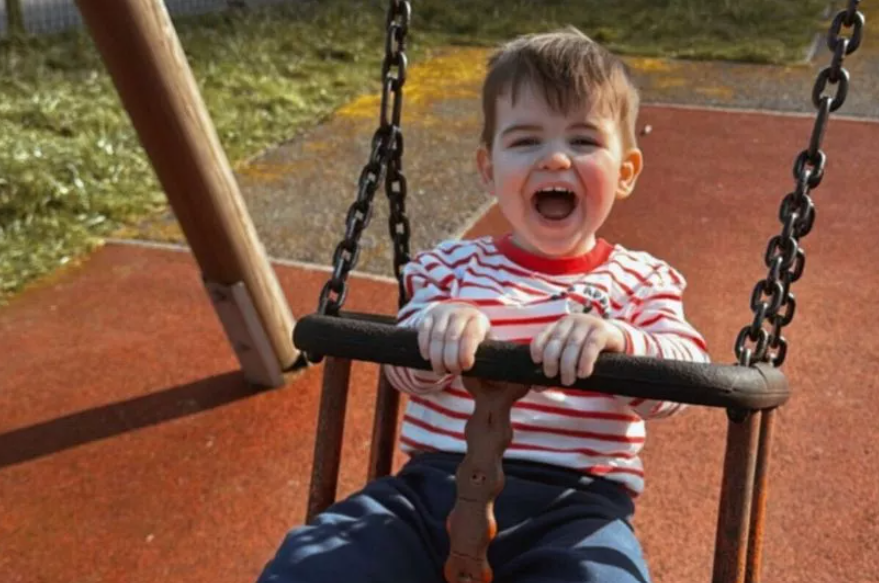
Emma told Belfast Live about the toddler’s symptoms, saying that he suffered things like a rash on his shins, pale skin, inability to sleep, and a lack of appetite.
“He was displaying a pinprick rash on both his shins. I’d done the glass test and at this stage it was going away. His appetite then went completely down the drain, he wouldn’t sleep, he was extremely lethargic,” Emma shared.
The mother pointed out his complexion

“Him being very lethargic was one of the major signs for me, he wouldn’t walk, he wouldn’t even go down the stairs. He would whimper as if he was in quite a lot of pain,” the mother said.
“Another major sign was his skin color. He is quite naturally pale, but he was actually grey, it was quite disturbing. You look back thinking it was right in my face, how did I not see the accumulation of so much,” she added.
It went downhill from there

The mother shared that her son’s condition “rapidly went downhill” in the span of three days after his fall.
It was after their first visit to A&E where doctors ruled his symptoms down to exhaustion.
The boy became more unsettled
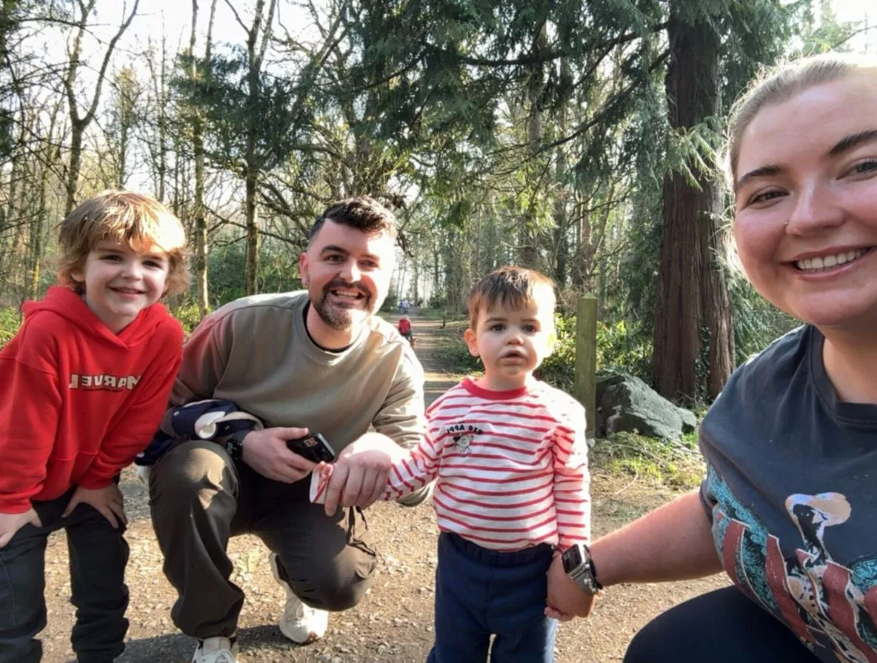
Emma shared that almost a week later, the boy became more unsettled and started “screaming and shouting” and refusing to walk.
His parents called the doctors again and pushed for Chester to get a blood test, to which the doctors instead told them to keep an eye on his temperature and call back if anything changes.
Chester started bleeding
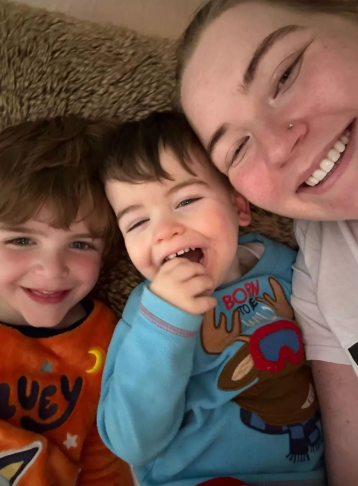
The next day, when Emma was picking up Chester’s four-year-old brother from school, the boy had been holding his younger sibling’s hand in the stroller when he asked his mother to clean blood off his hands.
When Emma asked where the blood had come from, the boy said it was Chester who was bleeding.
The mother rushed to A&E
She realized something was very wrong when she looked down and her toddler was bleeding from his nose down to his mouth.
“I ran home with both kids and went to A&E. This was our second visit, and fourth time raising concerns all within a week. I went straight down to the pediatrician waiting area, and one of the nurses that was on shift the Saturday we came in recognized me and came straight over,” the mother said.
She pushed again for a blood test to be done
The mother added, “I said ‘this is his name, his date of birth, if you have to stand and do the bloods in front of me, I am not moving, I am not having a conversation with anyone, I’m not sitting down, I need bloods done.’”
“In my heart of hearts I actually knew because I had plugged the symptoms into Google, and the symptoms were ticking all the boxes.”
He was then diagnosed with Leukemia
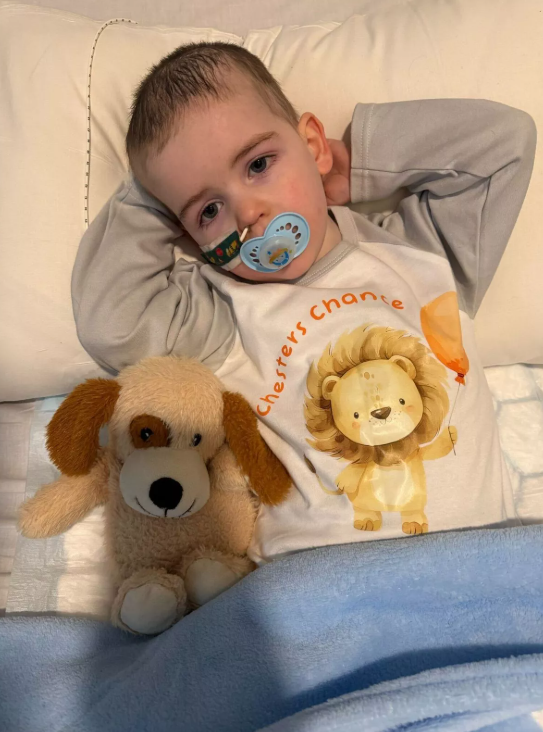
When the two-year-old got a rapid blood test done, he was diagnosed with B-cell Acute Lymphoblastic Leukemia (ALL), which is a ‘rapidly progressing’ blood cancer.
Chester is now staying at the Royal Victoria Hospital for Sick Children in Belfast, and one month on, he has done five rounds of chemotherapy so far.
The mother urged people to ‘push for answers’

Talking about her experience with doctors, the mom said, “Many of the families here [in hospital] share the same experience of our concerns being dismissed or our questions not being answered. Families here have been told their kids just have growing pains and they’ve ended up being diagnosed with cancer.”
“It’s made me really sad that I’ve lost faith in an area where you should be able to voice your concerns and be taken seriously.”
The boy’s family have since set up the Chester’s Chance campaign to raise awareness on symptoms parents should look out for.











































